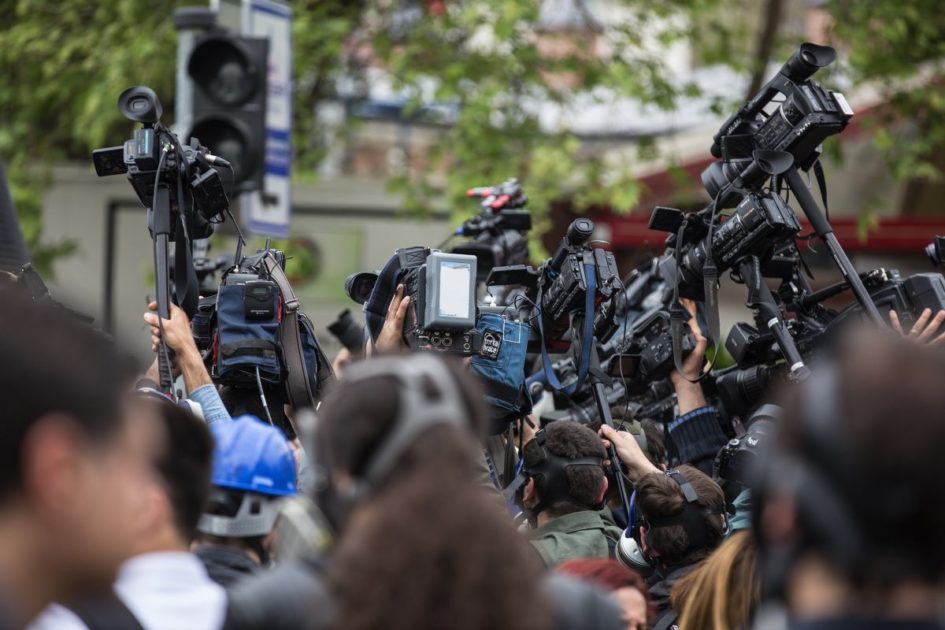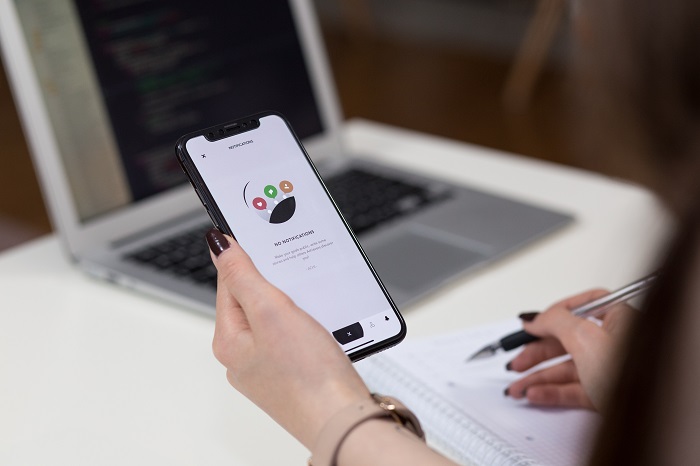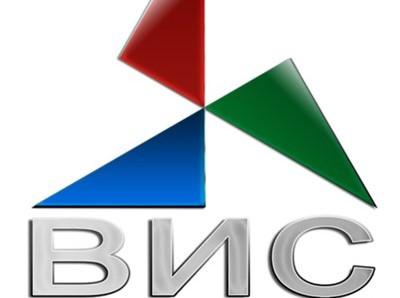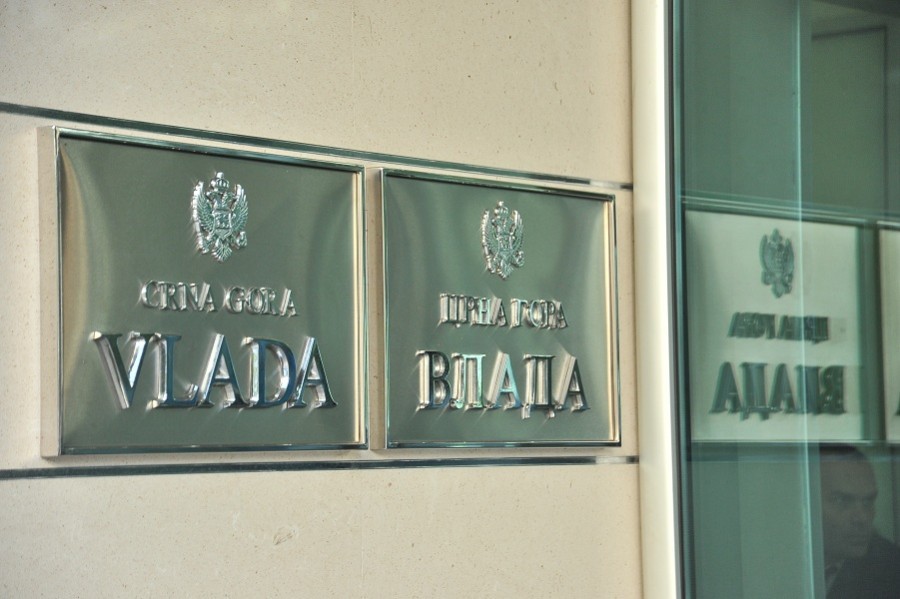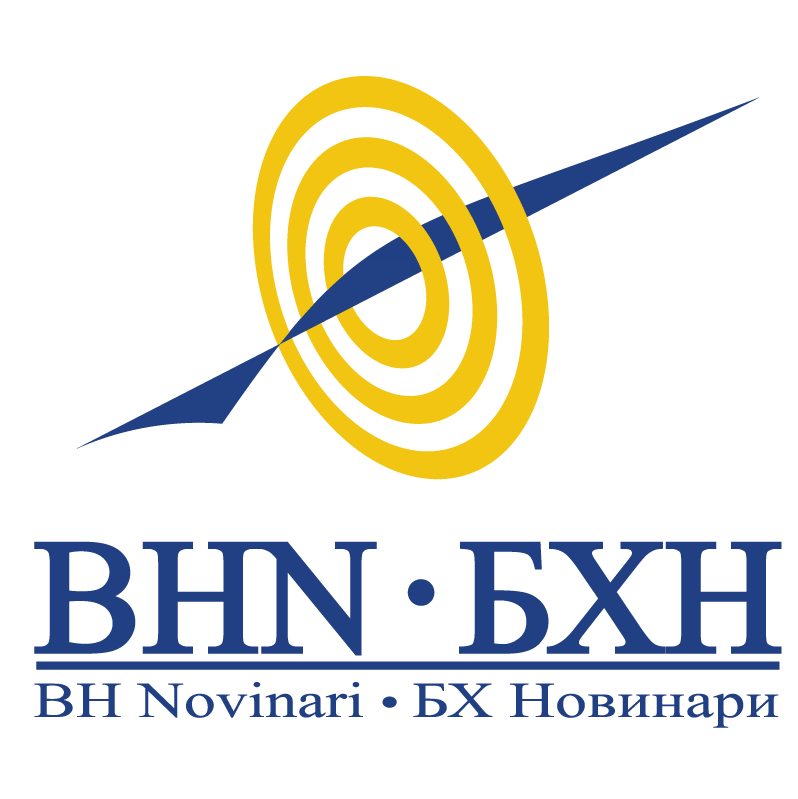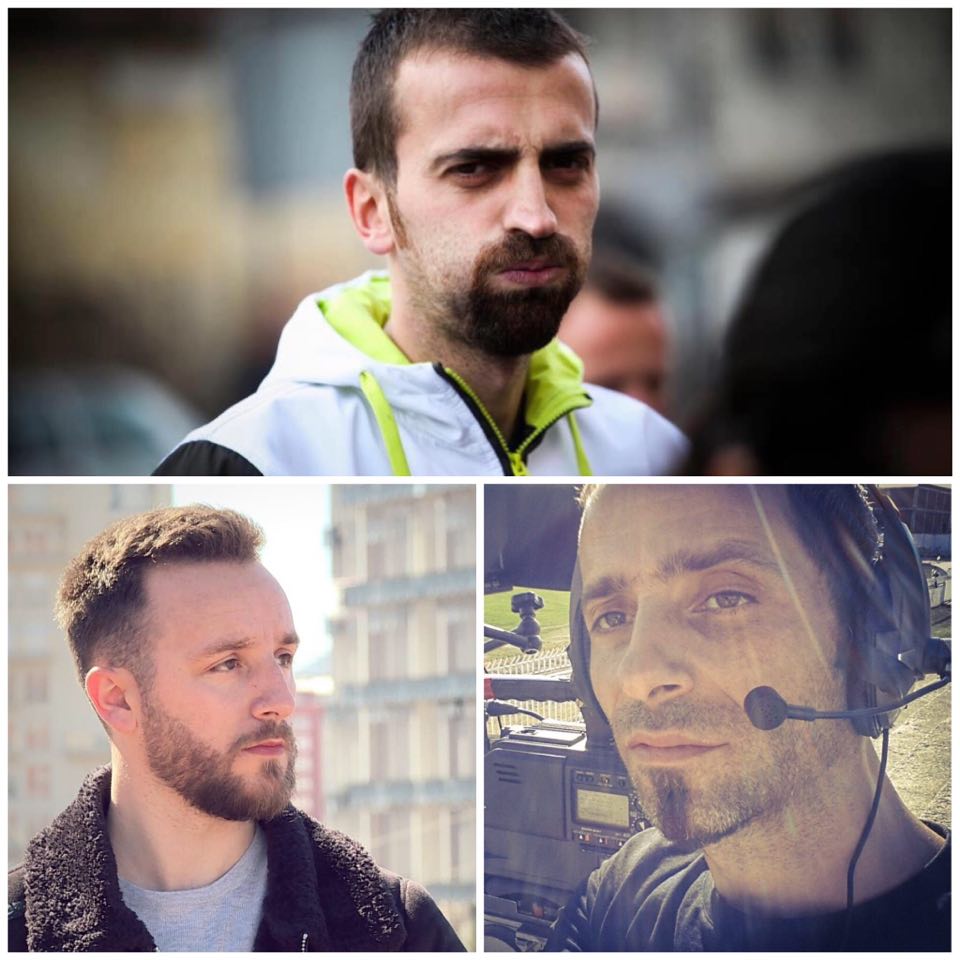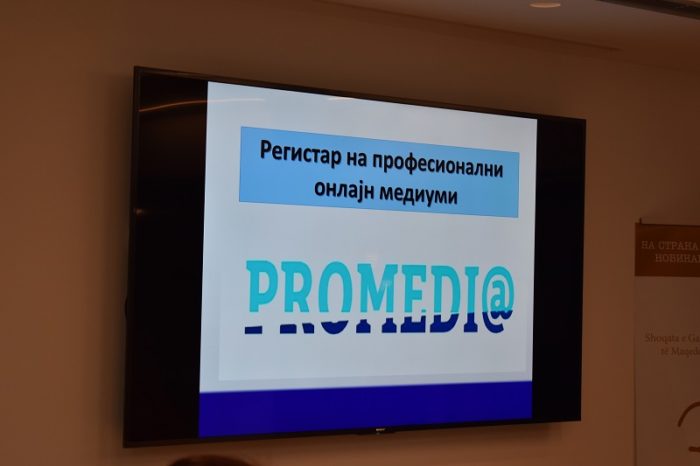BELGRADE, 26.03.2020. – “Information comes to us from a third hand, from trusted people from the municipality, whose names are not mentioned in stories, but we don’t have black and white what is decided,” explains Mileva Malešević, director of the TV Forum in Prijepolje, whose journalists have been unable to attend Municipal Council meetings for four years.
This municipality near the border with Montenegro has changed the rules in 2016 and effectively banned journalists from monitoring the work of one of the most important institutions of the municipality to the citizens.
The Rules of Procedure of the Municipal Council stipulated that media have the right to receive an invitation to attend meetings of the Council. However, the new municipal government, led by the Serbian Progressive Party (SNS), has removed these articles from the Rules of Procedure.
Instead of open sessions, the Municipality has decided to inform the public through press conferences.
Malešević says that this practice has never come to life, that journalists do not receive announcements from the Municipality nor the information about decisions can be found on the website.
She points out that the only way journalists can obtain official information from a Municipality is by sending requests for access to information of public importance. However, lately this mechanism has not worked either.
“We are told in the Municipality that we are abusing requests to get information and they are no longer responding on them either,” Malešević explains.
Prijepolje Municipality is just one of several that have made it difficult for local journalists to work by closing their doors in the last few years.
Journalists formal undesirable in Pancevo
“The work of the Council is available to the public,” is the most common description in the Rules of Procedure of City councils in local governments throughout Serbia.
The Local Governments Act states that local authorities are obliged to inform the public about its work, which would mean in practice that journalists need have access to both local assembly sessions and council sessions.
However, the Pančevo City authorities interrupted this long-standing practice in 2019 when they virtually barred journalists from attending Council sessions.
City government led by SNS decided in mid-September 2019 to remove the article that says “members of the media have the right to attend City Council meetings, …” from the City Council’s Rules of Procedure. As a reason, it was stated that in this way the work of the Council would be improved, it would be more efficient and emphasized that the Council would inform the public about its work through press releases, press conferences and statements.
The editor of the local PANpress portal in Pančevo, Ivana Marjanov Predić, however, says that none of this works in practice.
“They agreed to answer questions at press conferences, but that never happened, neither the Mayor nor the members of the Council, so there is no communication between the City administration and the media,” Predić says.
She adds that the City administration doesn’t publish decision on the website and the practice of sending announcements has ceased, so the job of a journalist is significantly difficult. According to her, the presence on sessions of the Council meant for her and her colleagues a chance to ask questions to members of the Council, questions like why certain decisions are made in order to properly inform citizens. Ever since that right was revoked, it has had a negative impact on the quality of their reporting.
“It affects us lot, we cover only those topics for which we have sources and that circle narrowed a lot, maybe the Red Cross, several sources from the hospital, one public company and that’s it,” Predić says.
Like her colleagues from Prijepolje, Predić says that only thanks to requests for access to public documents, she is able to obtain official information about the work of the City Council.
Transparency on paper only
Cities such as Valjevo, Subotica, Čačak, Zrenjanin, Smederevo and Jagodina have also made it difficult in the last few years for journalists to attend City Council sessions, although this is not officially prohibited.
An analysis of the Rules of Procedure of the City Councils in 24 cities in Serbia shows that most of them do not formally prohibit journalists from attending the sessions because they are public, as stated in the documents. However, what exactly this publicity implies in most of its rules of procedure is not defined.
That is why local authorities interpret these regulations in different ways and arbitrarily decide which sessions of City Council are public and which are not.
In early December 2019, Valjevo City Council reportedly sat and discussed City budget for 2020. Journalists learned of this session only after it was held from sources employed in City administration and could not inform Valjevo citizens what local government plans to do with the budget over the next year.
Lack of transparency in local decision-making in Valjevo lasts for years.
The SNS-led government in this city decided in 2017 to prevent journalists from attending sessions on the grounds that it would contribute to better and more substantive informing for citizens.
“All sessions will be held without the direct presence of the media, but with timely information on agenda items, as well as the outcome of decisions of the City Council. After each session of the City Council, a statement will be provided, which will give the public a detailed insight into the decisions made. In addition, members of the City Council will directly address press conferences as needed, explaining to the public in greater details certain decisions that are important to the functioning of the city,” said in a statement received by journalists from the Information Office.
Because of this decision, the Independent Journalists’ Association of Serbia (IJAS) reacted and urged the authorities in Valjevo to stop the practice of endangering the freedom of public information, to make its work public and accessible to all journalists and the media without discrimination.
The IJAS pointed out that the Law on Local Governments (Article 71) stipulates that “the bodies and services of a local government unit are obliged to inform the public about their work through the media”. Nevertheless, authorities in Valjevo continued this practice.
Research shows that a similar situation occurred in Subotica during November 2016 when journalists from the local online media outlet “Magločistač” questioned how a local official was appointed director of the tourism company “Park Palic”, whether he resigned as a City Council member or was he dismissed. The journalists did not get answers to these questions because they were not invited to the City Council session when this was decided and they did not receive information on the results of the vote from the City Media Center.
In June 2016, first session of the Čačak City Council was held, marked by the decision of the new Mayor, Milun Todorović, to ban journalists from attending this body’s session. At the beginning of the session, Todorovic “asked” media representatives to leave the City Hall, so that, as he explained, councilors “would work in peace”.
According to the Večernje Novosti daily, the sessions of Čacak City Council have been public since 1992, journalists had easy access to all meetings and received materials. Due to this decision, journalists decided to boycott the work of the City Council.
Journalists from Zrenjanin were expelled in December 2013 from a City Council session where it was discussed about important issues such as budget rebalancing for 2014 and the establishment of three new public companies. The opposition, made up of members of the Democratic Party and the League of Socio-Democrats of Vojvodina, at the time indicated that the reason for expelling journalists from the session was to hide the party employment of the parliamentary majority, made up of the Serbian Progressive Party and the Socialist Party of Serbia.
Online media outlet “Južne vesti” wrote about secret session of the City of Niš Council meeting in September 2012 at which, among other things, it was decided on the continuation of contract with Montenegro Airlines. There was no announcement of this session on the City’s website and as a reason it was said that session was scheduled by emergency procedure.
In City of Smedervo, the practice of expulsion of journalists from City Council sessions began as early as 2011, when the Democratic Party in coalition with the Socialist Party of Serbia was in power in that city.
“Local Self-Government Transparency Index 2019 (LTI)” study published by Transparency Serbia in mid-2019 shows that in 86% of cases, local governments are transparent regarding the list of names of City or Municipal Council members. But in only 11% their decisions are made publicly available to journalists and interested citizens.
The survey points to the fact that city councils discuss and decide many important issues but that their sessions are not broadcast in the local media, which is why it is important to ensure the transparency of their decisions, which most do not.


